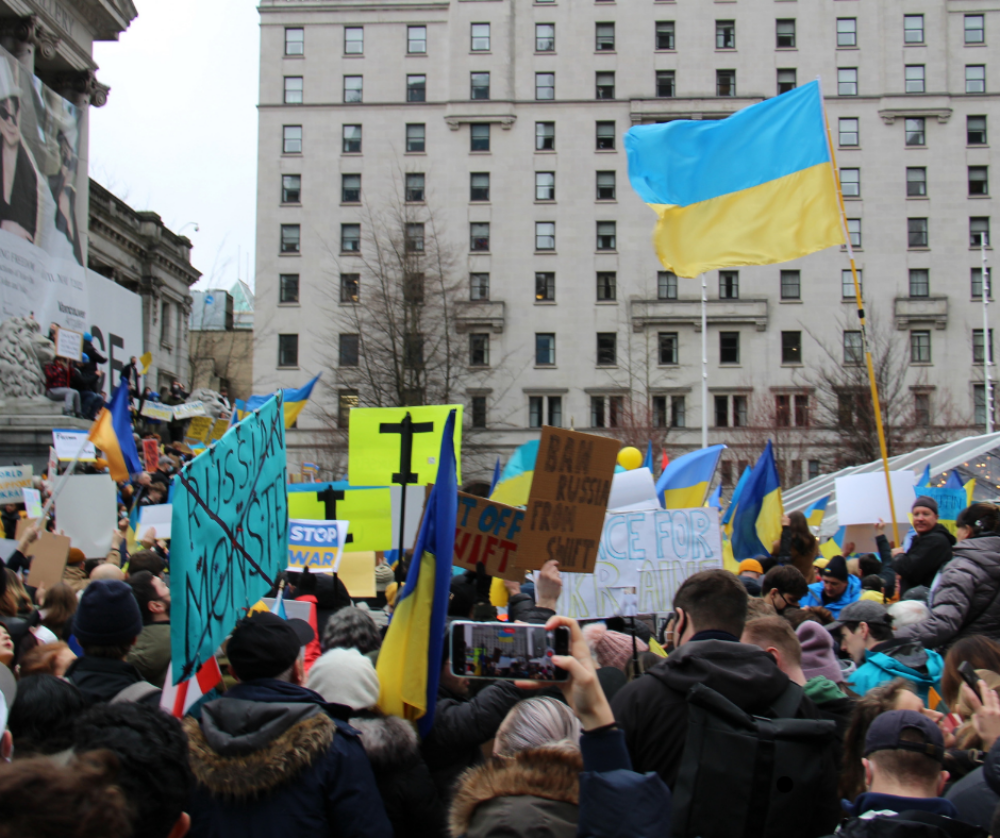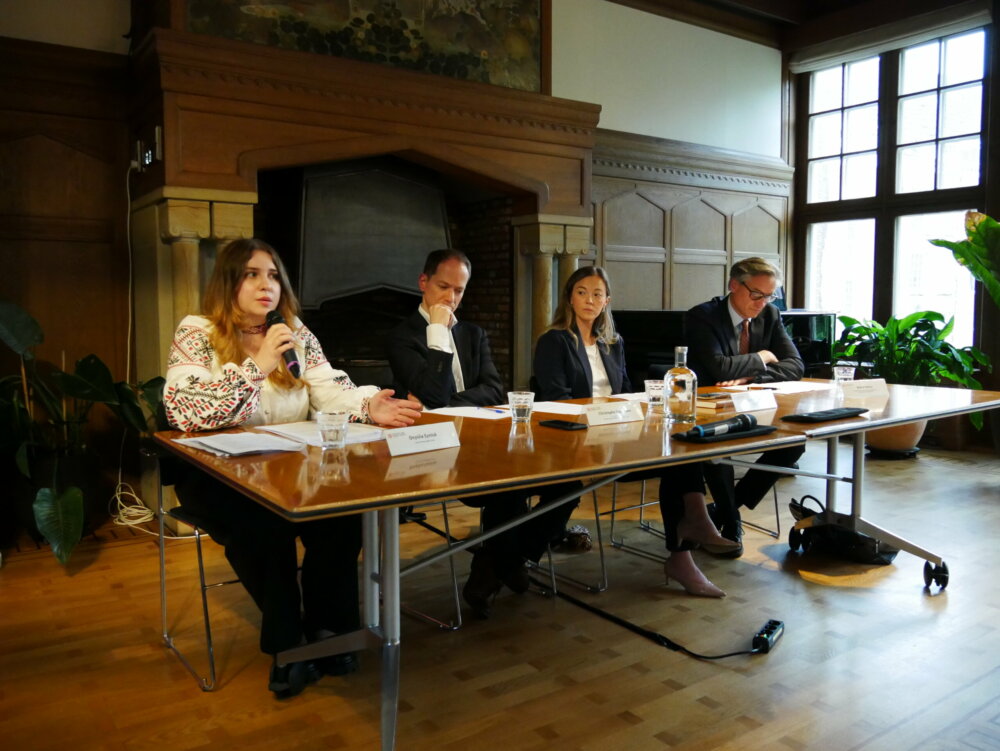Astana Summit: the Emperor’s new clothes?
That the OSCE will have its first summit meeting in eleven years may be considered a big success for the Kazakh chairmanship of the organization. Kazakhstan did not only draw the ‘lucky lot’ by acquiring the chairmanship a few years ago, but getting a consensus on a summit meeting at an informal ministerial meeting in mid-July this year is another example of successful Kazakh diplomacy that many observers considered highly unlikely to happen not that long ago.
Nevertheless, the organization of a summit meeting at this short notice is a risky gamble. Let me mention just a few reasons:
- Since it’s already 11 years ago that the last summit took place, there is hardly any practical experience left within the OSCE ranks in organizing such events. Due to the regular turnover of diplomats, virtually all people with such expertise moved on to other positions or left the diplomatic service because of retirement. This will mean that a lot of wheels will have to be reinvented again with all the chances of mistakes. It also implies that more time is needed for the Kazakhs and the delegations of the other OSCE participating states in getting their act together, as there is no longer any routine in doing this type of work. (In the 1990s the OSCE organized summit meetings every second year.)
- It is also far from clear what the summit meeting is supposed to decide upon. The OSCE agenda is, of course, covering an enormous area, but it has become clear over the years that serious disagreements over key issues among OSCE states prevented the organization from acting decisively in important instances, actually leading to its growing irrelevance over the past decade. The political climate has certainly improved somewhat over the past year, also reflected in the ongoing Corfu Process, but the times of the consensus of the 1990s are definitely not back. Will the summit be able to come with appealing decisions on important issues, such as security in Central Asia or in the area of the human dimension (where several participating states definitely are at odds with the OSCE commitments)? Or will it just end with a statement with beautiful words, but without any substance? In the latter case it may become even the last summit that OSCE will ever organize and it will lead to a further decline in OSCE’s political clout. As a matter of fact the OSCE can’t afford a failure of the summit, but it’s far from certain that it will be able to produce significant results.
- Another risk of the summit is that it may draw high-level attention to the fact that the OSCE is to a certain extent in a downward spiral. Since there hasn’t been a summit in more than a decade, not many people may have noticed this (or cared about). But drag leaders to Astana at the beginning of December just two weeks after a NATO-Russia summit and sit them down to agree on a rather thin political declaration and action plan, and leaders may ask themselves, why on earth did I come here, and what exactly is the (added) significance of the OSCE in comparison with so many other institutions? Astana will need to provide the answers if the OSCE is to retain some relevance.
- Even though the organization of a summit in Astana is a diplomatic success for the Kazakh hosts, a failure would also badly reflect upon Kazakhstan as a regional powerhouse. And we urgently need a positive and constructive contribution by Kazakhstan in this volatile region. The developments in Kyrgyzstan earlier this year have clearly demonstrated how unstable the situation in this sensitive region is and how quickly things can get out of hand. And the situation elsewhere in the region is far from stable too, even though the harsh regimes in some other countries may show the outside world a different picture so far. Therefore, a calming and constructive force as the Kazakhs can offer is direly needed and a failed summit would not contribute to Astana’s reputation as a regional mediator.
It would be easy to mention other risk factors, but time will tell soon whether the Kazakhs managed to have a successful end of their ‘gamble’. No serious person would benefit from a failure.



Comments
* Your email address will not be published